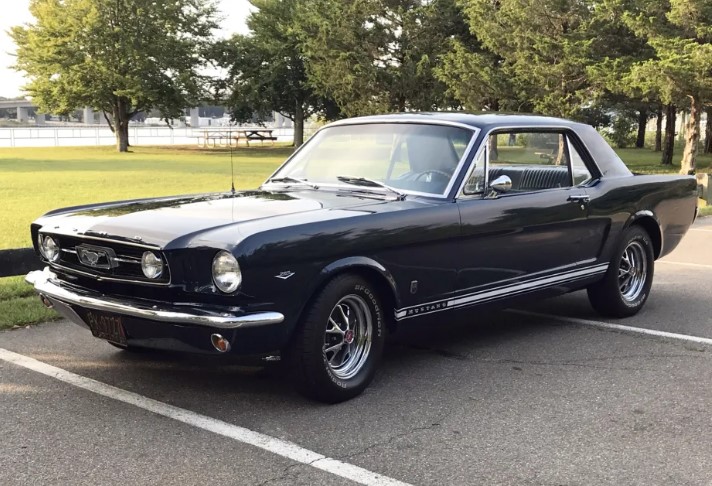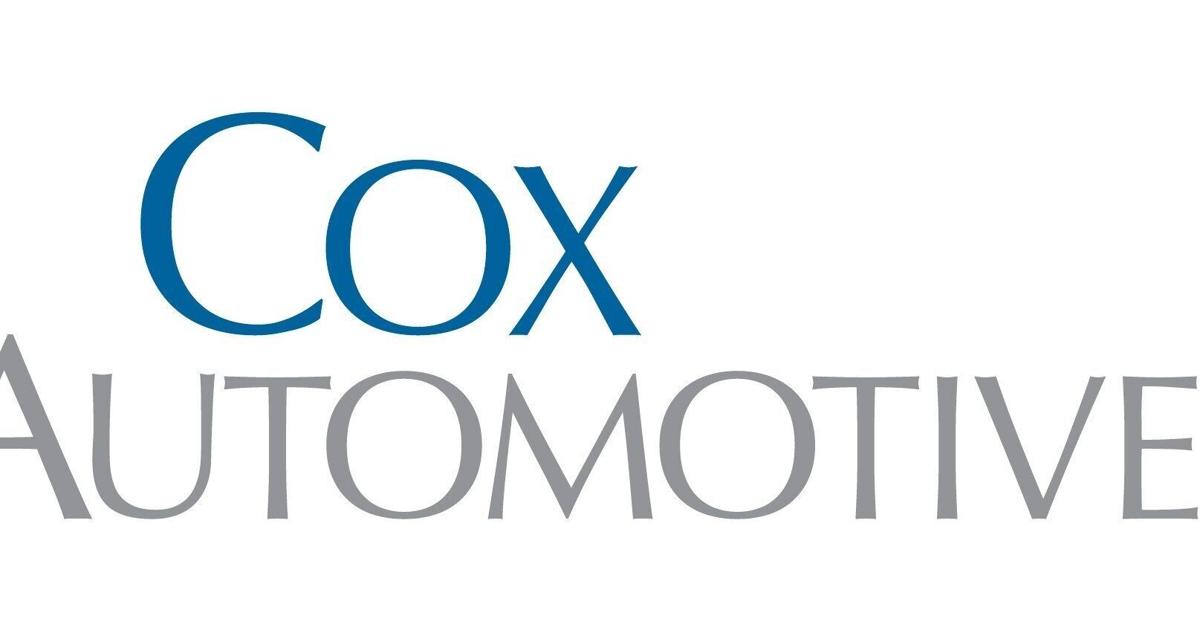ATLANTA, March 9, 2022 /PRNewswire/ — Facing a slow start to the year, and with concerns over inflation and the economy, automobile dealer sentiment softened in Q1, marking the third consecutive quarter-over-quarter decline in current market sentiment. Still, at 57, the current market index remains above the positive threshold in the latest Cox Automotive Dealer Sentiment Index (CADSI).
Cox Automotive Dealer Sentiment Index finds auto dealers remain positive while facing inflation and economic challenges.
The index reading of 57 indicates that more U.S. automobile dealers feel the current market is strong compared to the number who feel the current market is weak. The key drivers of sentiment saw marginal shifts in Q1. The 3-month, forward-looking market outlook index rose modestly – reflecting the typical spring bounce – and, at 64, is above the 59 recorded in Q1 2021. The overall profit index saw a small decline to 54, down from 57 last quarter, but remains well above any point before the COVID-19 pandemic. The price pressure index, likewise, increased slightly in Q1 but remains historically low, indicating fewer dealers feel pressure to lower their prices.
“As we enter the spring market, we can see the small green shoots of optimism from the U.S. auto dealers,” said Cox Automotive Chief Economist Jonathan Smoke. “Most dealers have weathered the storm well, and we suspect there is hope the pandemic may finally be waning. Views of the economy weakened modestly, but dealer profits are historically strong and demand remains robust. Those are good signs for the industry.”
The Q1 2022 CADSI research was in market from January 24 to February 7, just past the height of the omicron variant. Importantly, though, the research was done before the Russian invasion of Ukraine, and before gasoline prices in the U.S. moved into record territory. Even before the situation worsened, the U.S. economy index score dropped from 52 in Q4 2021 to 49 in Q1, indicating more dealers felt the economy was weak compared to those who thought it was strong. The score of 49, however, is higher than it was a year ago in Q1 2021 when the index score was 44.
“The tragic situation in Ukraine, of course, adds a level of uncertainty to the U.S. economy that will impact the U.S. consumer. Higher gas prices, a struggling stock market, inflation, and the potential for more supply chain disruptions – these factors will slow any anticipated market recovery and may impact dealer sentiment in Q2. Right now, though, it’s too soon to know how long the situation will last or how bad it will get,” added Smoke.
Inventory and Sales
One positive sign in the latest CADSI report is a notable jump in the new-vehicle inventory index for franchised dealers. While still historically low at 25, the index increased by 11 points and marked the highest score since the first quarter of 2021. The index for the new-vehicle inventory mix also increased quarter over quarter.
“Inventory issues have been the biggest concern for dealers for more than six months now,” added Smoke. “In our latest study, inventory remains a top priority, but the initial signs of a recovery are there. And that is a positive for the market.”
On the used-vehicle side, the inventory index jumped up in Q1 2022 as well, reaching 36, the highest score in the past 12 months. The used-vehicle inventory mix index improved also. However, all index scores associated with inventory remain well below the 50 threshold, indicating dealers are still facing inventory challenges.
The view of new-vehicle sales improved for the first time in two quarters, increasing from 45 to exactly 50, meaning dealers were evenly mixed on their opinions of new-vehicle sales. One year ago, the index score was 61, meaning more dealers saw the market as good. The new-vehicle incentives index dropped by one point quarter over quarter, to 23, the lowest level since the question was added to the CADSI in Q3 2019. The incentive index measures if OEM incentives are large (above 50) or small (below 50).
The used-vehicle sales index, on the other hand, fell one index point to 52. For franchised dealers, the used-vehicle sales index has now dropped for three straight quarters and is below year-ago levels. There was no change in the used-vehicle sales index for independent dealers, which held steady quarter over quarter at 48, meaning more independent dealers see the market as poor than see it as good.
Springtime Optimism?
The market outlook for the next three months increased to 64 in Q1 2022, up from 60 in Q4. The score indicates that most dealers feel that the outlook for the next three months is positive, which reflects the springtime optimism routinely seen in the report. In fact, the Q1 outlook is higher than it was one year ago – ahead of a year of record profits – and at the highest point since Q1 2020, before the pandemic began. The quarter-over-quarter increase, however, was driven mostly by independent dealers; the franchised dealer outlook was, in fact, flat quarter over quarter at 69. Still, the market outlook index score of 69 for franchised dealers is above pre-pandemic levels.
While profits remain historically strong, particularly for franchised dealers, tight inventory and no quick fix in the making are likely weighing on dealers. Overall, Limited Inventory continues to be the top factor holding back business according to the Q1 2022 CADSI. The factors saw little change from last quarter, with the top four factors unchanged from Q4 2021 – Limited Inventory, Market Conditions, Economy and COVID-19 impacts. In Q1 2022, Political Climate dropped out of the top five, replaced by Expenses.
Dealers Face Rising Costs and Staffing Issues
In Q1 2022, the cost index – specifically the cost of running a dealership – was at the highest level since the survey began in 2017. After reaching a record low in Q2 2020 of 51, at the height of the pandemic, the cost index has been steadily increasing. One factor contributing to rising costs may be staffing. The staffing index, at 46, improved slightly from Q4, but generally remains below pre-pandemic levels. With a score below 50, it indicates more dealers feel their staff is declining rather than growing.
As a factor holding back business, more dealers noted Staff Turnover was an issue in Q1 2022 than in the same timeframe last year. In fact, 11{7b5a5d0e414f5ae9befbbfe0565391237b22ed5a572478ce6579290fab1e7f91} of dealers point to Staff Turnover as a factor holding back business in Q1, compared to only 7{7b5a5d0e414f5ae9befbbfe0565391237b22ed5a572478ce6579290fab1e7f91} in Q1 2021 and 8{7b5a5d0e414f5ae9befbbfe0565391237b22ed5a572478ce6579290fab1e7f91} in Q1 2020. In terms of staffing issues, service is the top area of concern, particularly for franchised dealers, followed by sales.
Cox Automotive Dealer Sentiment Index Methodology
The Q1 2022 CADSI is based on 1,146 U.S. auto dealer respondents, comprising 591 franchised dealers and 555 independents. The survey was conducted from January 24 to February 7, 2022. Dealer responses were weighted by dealership type and volume of sales to be representative of the national dealer population. For each aspect of the market surveyed, respondents are given an option that relates to strong/increasing, average/stable, or weak/decreasing, along with a “don’t know” opt-out. Indices are calculated by creating a mean score in which:
- Strong/increasing answers are assigned a value of 100.
- Average/stable answers are assigned a value of 50.
- Weak/declining selections are assigned a value of 0.
Respondents who select “don’t know” at a particular question are removed from the related index calculation. The total metrics reported have a margin of error of +/- 2.9 percent.
Download the full results of the Q1 2022 Cox Automotive Dealer Sentiment Index.
About Cox Automotive
Cox Automotive Inc. makes buying, selling, owning and using vehicles easier for everyone. The global company’s more than 27,000 team members and family of brands, including Autotrader®, Dealer.com®, Dealertrack®, Kelley Blue Book®, Manheim®, NextGear Capital®, VinSolutions®, vAuto® and Xtime®, are passionate about helping millions of car shoppers, 40,000 auto dealer clients across five continents and many others throughout the automotive industry thrive for generations to come. Cox Automotive is a subsidiary of Cox Enterprises Inc., a privately-owned, Atlanta-based company with annual revenues of nearly $20 billion. www.coxautoinc.com
![]() View original content to download multimedia:https://www.prnewswire.com/news-releases/cox-automotive-dealer-sentiment-index-signs-of-optimism-among-us-automobile-dealers-despite-a-slow-start-to-the-year-301499246.html
View original content to download multimedia:https://www.prnewswire.com/news-releases/cox-automotive-dealer-sentiment-index-signs-of-optimism-among-us-automobile-dealers-despite-a-slow-start-to-the-year-301499246.html
SOURCE Cox Automotive








More Stories
Tips for Negotiating the Best Deal When Selling Your Car
5 Women That Shaped the Automobile and the World Around It (and Us)
Automobile retail sales see double-digit growth in February on robust demand